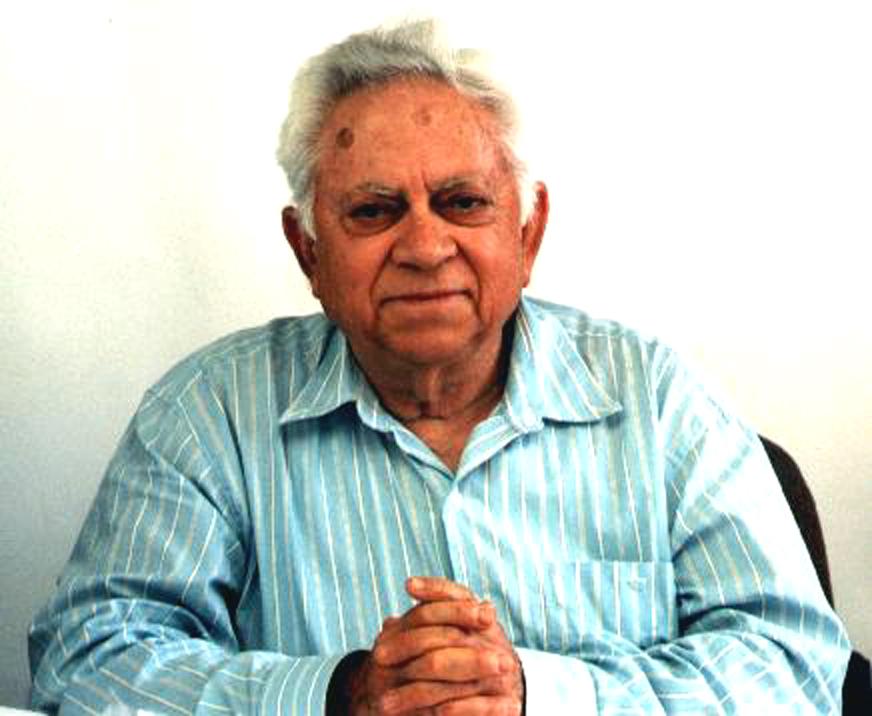Prof. Nevo received the title for his contribution to the development of the field of evolutionary biology and for his groundbreaking research in the field.

Last week, the German Hesse University awarded an honorary doctorate to Prof. Avitar (Ivy) Nebo from the Department of Evolutionary and Environmental Biology. Prof. Nevo received the title for his contribution to the development of the field of evolutionary biology and for his groundbreaking research in the field.
Prof. Nebo was one of the founders of the biology holiday at the Kibbutzim Oranim seminar along with Michael Costa and the late Amiram Shkolnik. In 1974, he founded the Institute of Evolution at the University of Haifa and established the International Center for Doctoral Students in Evolution where 77 doctoral students from 13 countries studied over the years.
Professor Nevo has published 1200 articles (including abstracts) and 24 books. His research deals with the evolution of biological species (from bacteria, through fungi, plants, plants, humans) at all levels of organization: genomics, proteomics and phenomics.
Prof. Nebo discovered hundreds of scientific species, his research spans the entire planet. The "river of evolution" model in Carmel, the Galilee, the Golan and the Negev have become classic laboratories for the study of evolution in the world - the origin of species and their adaptation to ecologically contrasting living environments.
His research with his colleagues on the underground rat forms the basis for a revolution in the world of medicine due to the discovery of the rat's ability to cope with oxygen-deficient environments - the basis for the treatment of cancer, blood and heart diseases, and stroke. His research, together with his colleagues, on the plants of origin of wheat ("the mother of wheat") and barley ("the mother of barley") form the basis of an agricultural revolution in the cultivation and praise of wheat in the world, which is the basis of human nutrition. He built the world's largest gene banks of wheat and wild barley at the University of Haifa.
His latest discovery together with his colleagues - 77 species of filamentous fungi in the Dead Sea are the basis for the cultivation of salt agriculture in the world and the fight against hunger. Prof. Nebo continues to work and research in Mishnah entrepreneurial momentum and innovative plans for the future.

4 תגובות
to 1. Know him, indeed 1,200 articles. Pushing to 80 with the energy of a hyperactive 10 year old.
In response to 1. Someone who publishes 24 books makes sense to have published 1200 articles.
a few questions
What is Panomics?
What is proteomics?
And what is meant by levels of organization?
1200 articles?
That sounds like a big number.
Could it be that you mean 120?